
From Global Savings Glut to Financing Infrastructure
The Advent of Investment Platforms
Read or listen offline
Amazon KindleRecommendation
The developing and advanced economies are grappling with how to finance their growing infrastructure needs. Analysts predict that global spending will have to increase by 60% to 2030 to meet greater demand from growing populations and economies. At the same time, public funds can’t match this pressing need. In a highly informative, detailed paper asset manager Frederic Samama and economists Rabah Arezki, Patrick Bolton, Sanjay Peters and Joseph Stiglitz explain how new approaches can enable development. getAbstract recommends this authoritative report to executives and investors for its keen insights into the future of infrastructure investing.
Summary
About the Authors
Rabah Arezki is an economist at the IMF. Patrick Bolton and Joseph Stiglitz are professors at Columbia University, where Sanjay Peters is an adjunct associate professor. Frederic Samama works at Amundi Asset Management.








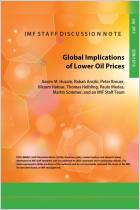
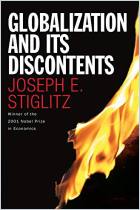
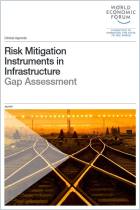
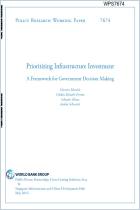
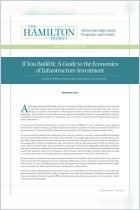
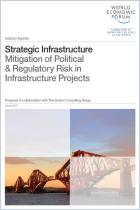
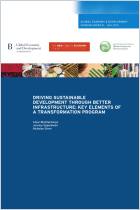
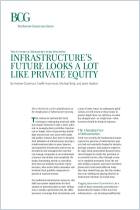



Comment on this summary